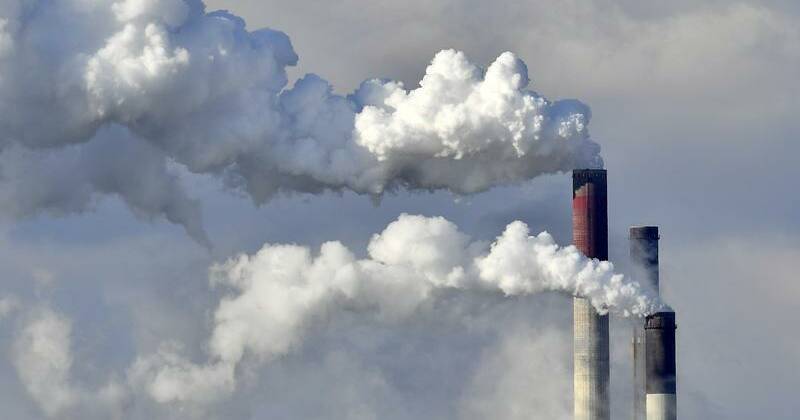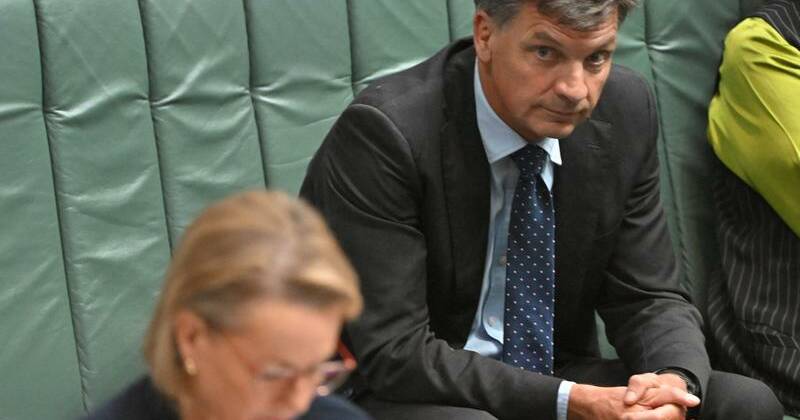
EU climate ministers have reached a provisional agreement on a revised climate target for 2040, significantly diluting the original goal during lengthy negotiations ahead of the UN COP30 summit in Brazil. After more than 18 hours of discussions, representatives from EU member states informally endorsed a plan to cut emissions by 90 percent from 1990 levels. However, this target now includes provisions that could allow for a reduction in its stringency, according to EU diplomats.
The ministers are expected to convene again later today to formally approve this compromise. Despite opposition from a few nations, including Poland, Czech Republic, and Hungary, the agreement is set to move forward, as it only requires support from at least 15 member states to pass.
A spokesperson for Denmark, which currently holds the EU’s rotating presidency, expressed optimism, stating, “We believe we have the basis for a political deal.” The newly proposed target allows countries to purchase foreign carbon credits to cover up to 5 percent of the emissions reduction goal. This effectively reduces the domestic emissions cuts required from EU industries to 85 percent, effectively outsourcing some of the emission reduction responsibilities to other nations.
Additionally, the draft agreement indicates that the EU may consider allowing member states to buy international carbon credits to meet another 5 percent of their emissions reductions by 2040. This adjustment could further lessen the domestic obligations of EU countries.
The urgency to finalize a new climate target stems from the upcoming COP30 summit, where European Commission President Ursula von der Leyen is scheduled to engage with other global leaders on November 6. Sara Aagesen, Spain’s Environment Minister, highlighted the significance of this agreement, emphasizing, “We have a lot at stake. We are risking our international leadership, which is fundamental in this extraordinarily complicated context.”
In an effort to assuage concerns from skeptical member states, the draft also proposes postponing the launch of a new EU carbon market by one year, moving it to 2028. Originally, the European Commission had aimed for a strict 90 percent emissions reduction target with a maximum allowance of 3 percent in carbon credits.
The recent dilution of the climate target illustrates growing resistance to the EU’s ambitious climate agenda, driven by industries and certain governments questioning the feasibility of balancing these measures with pressing defense and industrial priorities.






